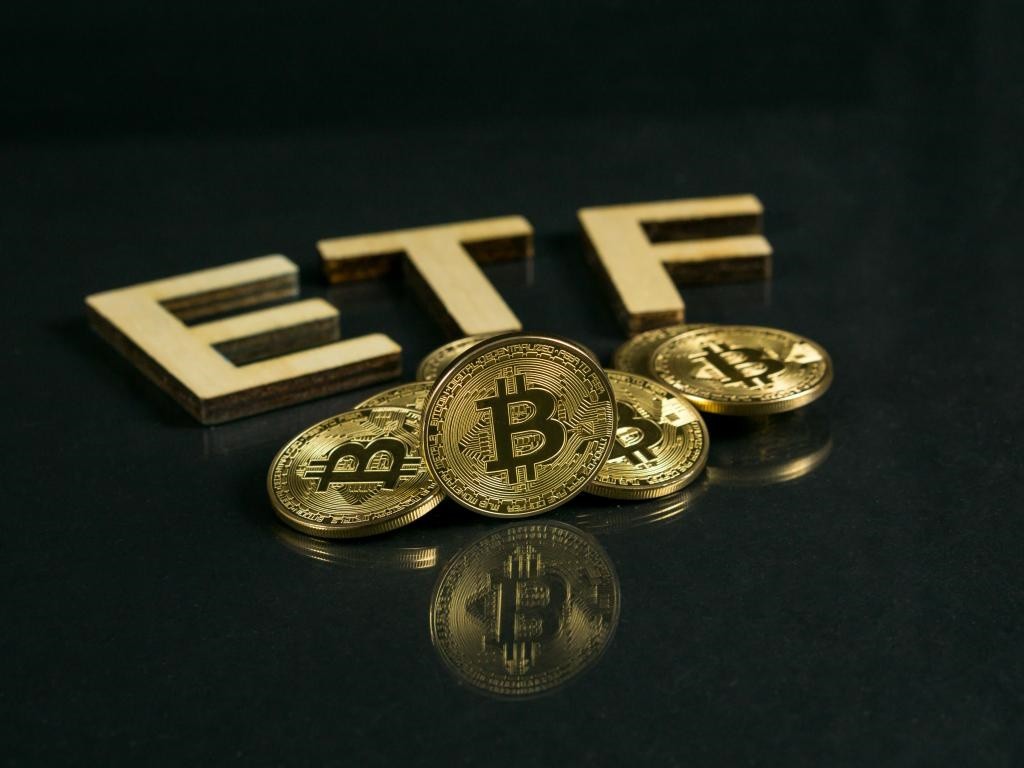ETFs make Bitcoin’s problems even worse

The new wave of U.S. bitcoin ETFs risk being doubly bad for investors.
As holders of bitcoin they undermine the very purpose, and so the long-term value, of a cryptocurrency. And as ETFs launched at a moment of popularity they might be repeating the mistake of many past thematic funds by buying at a peak.
Start with the first problem. What is bitcoin for? It was originally designed to allow small online transactions, but has failed miserably at that due to high costs and cumbersome payment processes.
As a cryptocurrency it could perhaps be used for larger payments, although so far it mostly isn’t. As a pseudonymous currency it can to some extent hide use from governments, making it popular with criminals, if less useful than they think, and with those willing to pay a lot for secrecy.
But the more that’s held in funds, the less that’s available for actual users—not a problem when there are so few, but the new funds must hurt the chances of bitcoin finally finding an actual use.
Many cryptocurrency advocates like bitcoin because it isn’t tied to traditional banks and is independent of any country, unlike “fiat” currencies such as the dollar. The new ETFs reconnect bitcoin both to Wall Street’s old financial infrastructure and to the dollar, in which all are priced and which all use to buy and sell bitcoin.
The pitch now being made by many, including Lawrence Fink, chairman and CEO of BlackRock, one of those launching an ETF, is that bitcoin should be digital gold, holding its value in a crisis.
So far there’s zero evidence that bitcoin works as digital gold. And bitcoin ETFs are likely to make its bad performance in crises even worse, by bringing in even more speculators to what’s already mostly a speculative asset.
In both the bank runs of March 2023 and the pandemic panic of March 2020, bitcoin proved to be digital fool’s gold, plunging at the first sign of trouble. From its February 2020 high to the low a month later it halved, while the S&P 500 lost a third of its value from high to low and gold fell 6%. In 2023’s bank runs, bitcoin lost almost 20% from its February high to the March low, four times as much as the S&P. Gold lost just 1%.
Since 2019, bitcoin has moved much more closely with the Ark Innovation ETF (ARKK), which holds the most speculative unprofitable technology stocks, than it has with the price of gold.
There’s a good reason: Like ARKK, bitcoin is great for speculation because its price moves around a lot. Far from being a store of value, bitcoin’s been a store of volatility. As more people are drawn into the gamble, the price can be driven up. But this works against it in a panic, because speculators close out their bets and the price plummets.
The other big problem is the timing of the ETF debuts. Typically thematic funds only launch after investors have already bid up the underlying assets, from the internet funds of the late 1990s to the green, cannabis, space and SPAC funds of 2021. Investors should know not to pile into already-popular ideas, yet they keep on buying high—and frequently end up selling low.
The bad timing of fund managers can be extreme, as with the L&G Hydrogen Economy ETF launched in February 2021, which never rose above its launch price and is now down 61%. Something similar happened to the earlier version of bitcoin funds that owned futures instead of bitcoin. The first one, the ProShares bitcoin Strategy ETF BITO had catastrophic timing, launching very close to the bitcoin peak in 2021 and then tumbling more than 70% in its first year as bitcoin fell. It has bounced a bit, but is still down by almost half from its starting price. ProShares points out that it remains popular, trading more shares in the two days since the new wave of launches than any of the new bitcoin ETFs.
Amusingly, ProShares later launched a short bitcoin ETF, BITI—and timed it almost for the low in the price, when betting against bitcoin was popular. Again, it was a big loser.
The new bitcoin ETFs have one advantage over most thematic funds: Their launch timing was determined by the Securities and Exchange Commission’s grudging and long-delayed agreement, not the popularity of bitcoin.
They have the disadvantage, however, that the price of bitcoin itself rose sharply in anticipation of the launches, presenting an instant barrier to further gains. It should be no surprise that by Friday evening bitcoin was down 8% from the SEC approval on Wednesday.
Speculators who liked the idea of using ETFs as an easy way to trade bitcoin in the same brokerage account as their stocks and bonds discovered another downside of using traditional infrastructure over the weekend. Bitcoin fell more than $1,000 just after the New York stock market closed. Those who owned it directly or via a crypto broker were able to keep trading, as bitcoin runs 24/7.
Those who held a bitcoin ETF could only watch and wait for Wall Street to open—on Tuesday, since the market was shut on Monday for Martin Luther King Jr. Day.

